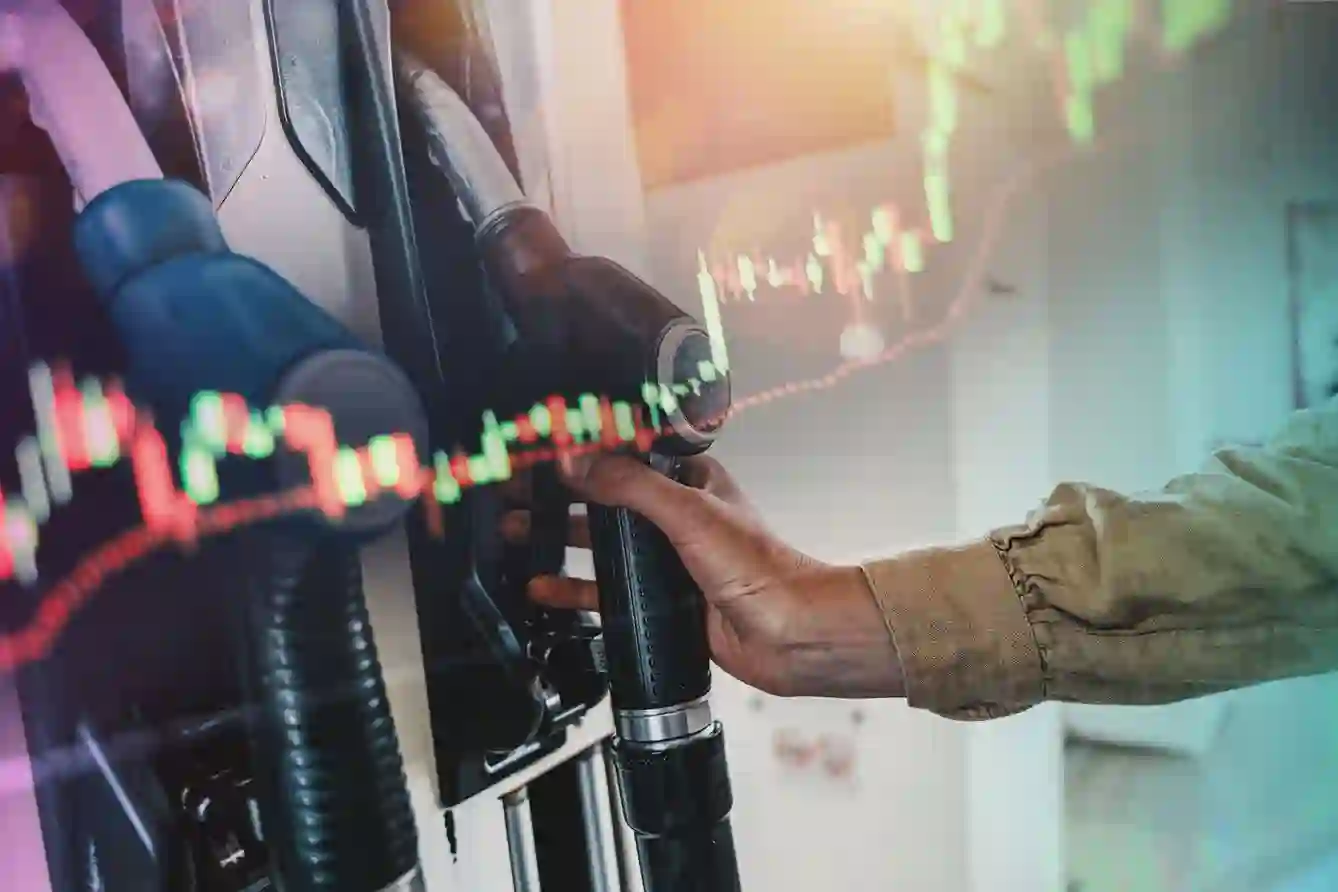If you’ve noticed your trips to the petrol station are costing more lately, you’re not imagining things.
South Africa’s General Fuel Levy got a bump in 2025 after plans to raise VAT were blocked in Parliament.
But what exactly is this levy, how much does it rake in, and where does all that money go?
The Basics: What Is the General Fuel Levy?
Every time you fill up your car, a portion of what you pay per litre goes straight to the government.
Right now, it’s 16 cents per litre for petrol and 15 cents per litre for diesel. This levy hadn’t increased for over three years — until this year, when the government decided to raise it.
And recently, the National Treasury shared exactly how they plan to use the money collected from this levy.
How Much Does the Government Make From This Levy?
The General Fuel Levy is expected to bring in around R17 billion for the government in the coming financial year.
That’s a serious chunk of change, and the funds are distributed mainly to the country’s biggest metros to support various projects.
Here’s how it breaks down, according to TopAuto:
-
Johannesburg: R4.572 billion
-
eThekwini (Durban): R3.875 billion
-
Cape Town: R2.851 billion
-
Ekurhuleni: R1.795 billion
-
Tshwane (Pretoria): R1.666 billion
-
Nelson Mandela Bay: R862 million
-
Buffalo City: R798 million
-
Mangaung: R427 million
That totals nearly R16.85 billion going to these eight metros. However, once the money hits these cities, they decide how exactly to spend it.
What Does This Mean for Your Petrol Price?
As of July 2025, petrol costs around R21 per litre on average.
Out of that, about R4 per litre comes from the General Fuel Levy, and diesel users pay about R3.85 per litre.
After recent changes, taxes and levies now make up about 30% of the fuel price — without them, petrol would be closer to R16 per litre.
Why Are Some People Concerned About This?
The Automobile Association (AA) is sounding the alarm, pointing out that the government’s heavy reliance on taxing fuel is putting a big strain on drivers.
They say the recent increase might seem small on its own, but it’s part of a bigger picture where motorists are carrying too much of the financial burden.
The AA argues it’s time for a wider conversation about how South Africa funds infrastructure, road safety, and public transport — without pushing all the costs onto everyday citizens.
